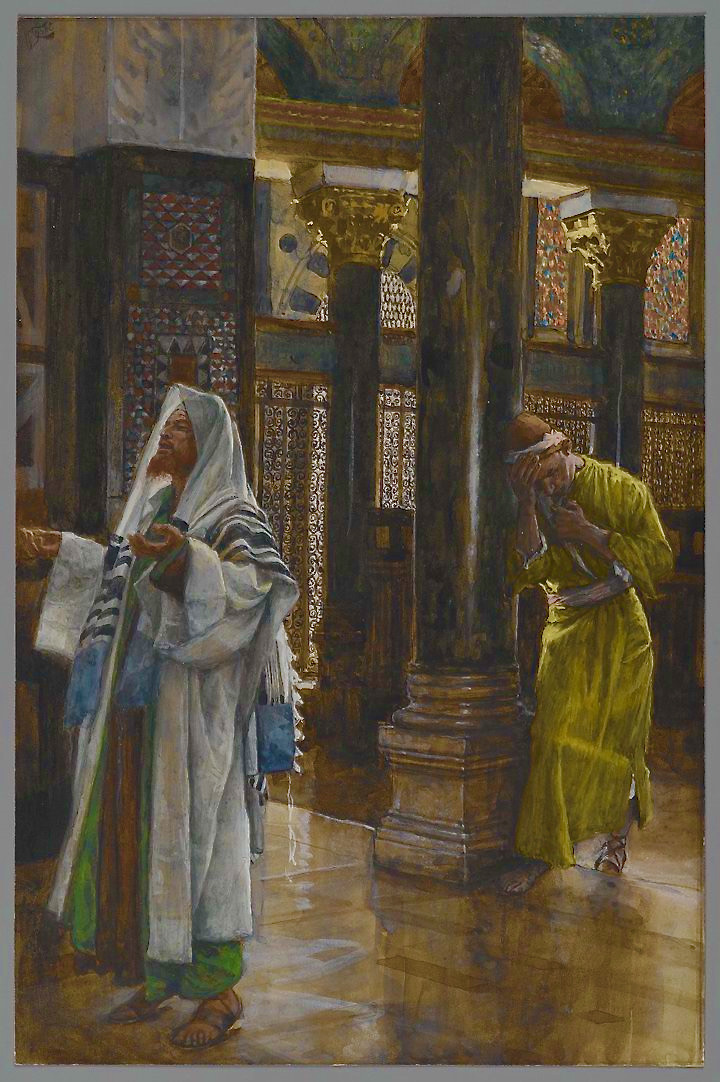Lent is a chance to reset our view of Jesus Christ because despite all our efforts, and because of who Christ is, there is always more to discover in how to understand him. After all, he is “a stumbling block to Jews and foolishness to Gentiles, but to those who are called, Jews and Greeks alike, Christ the power of God and the wisdom of God.” (I Corinthians 1:23-24) In our day, the foolishness appears most clearly in the secular groups crowding in on us, claiming to know more about being a human being than Christ does. The transcendent dimension of being human is never going to be known by some smug modern activist.
The mention of the wisdom of God in Paul’s letter to the Corinthians is central. According to Benedict XVI: “Christ’s unique and singular history is the definitive word which God speaks to humanity.” Christ is the wisdom of God. (Word – Logos – Wisdom) Two things come out of this. We can only learn the meaning of things from Christ, and we can “see why being Christian is not the result of an ethical choice or a lofty idea, but the encounter with an event, a person, which gives life a new horizon and a definitive direction.” The wonder of Jesus Christ is a far cry from the magical thinking and superstition of the materialist culture, the cancel culture, and the virtue-signaling culture.
But there is more: “in her most benign Lord and Master can be found the key, the focal point and the goal of man, as well as of all human history.” (Gaudium et Spes) This either fills us with awe that we know that we are on holy ground and are much like the tax-collector in Luke’s Gospel: “God be merciful to me a sinner” (Luke 18:13); Or we stand with the Pharisee in the same parable, proud in our achievements and looking down on the tax-collector, among others.

Much like John the Baptist, we are not fit to tie the strap of Christ’s sandal. Nevertheless, our relationship with him is the most spectacular relationship we will ever have, and it gives life: “Greater love has no one than this, that one lay down his life for his friends.” (John 15:13) Christ has made us his friends “for all things that I have heard from my Father I have made known to you.” (John 15:15) Here is the transformation of our minds that Paul spoke of. (Romans 12:2) Our minds operate on that information for our understanding of morality and values, God and man. Why clutter our minds with all-too-human ideologies?
For example, the Pharisees divided their culture into groups. Some of them they judged to be inferior to the Pharisees. Jordan Peterson, the Canadian who researches personal differences, tackled this attitude when he was discussing racism. He said that fundamental to racism is the error of assigning people to groups in the first place. This action artificially puts us above them – and is intended to do so. Catholicism does not handle people in groups according to some superficial characteristic such as ethnicity or skin color. Instead, God teaches us that he values each single person. Each individual is a unique child of God, and God has a unique good in mind for each of us. The rest of us either help to advance that good – because we can conceive of none better – or we ought to get out of the way.
Paul said something else to the Colossians too: “See to it that no one captivate you with an empty, seductive philosophy according to human tradition, according to the elemental powers of the world and not according to Christ.” (Colossians 2:8) The way we think is as crucial to our salvation as what we do. The dominant philosophy in America at present is a form of “cultural Marxism” that seeks to impose a vision of oppressors and oppressed on society regardless of whether there is real oppression or not.
There are many other reasons that people are disadvantaged. Some have suffered injustice, others have been born into challenging circumstances, still others have marred their own prospects by bad choices with lifelong consequences. Simplifying things to two options – oppressor and oppressed – is not going to bring these factors to the surface, let alone do justice. Going down this rabbit hole interferes with our appreciation of all that is in human beings and in our world. Which is why John Paul II said that “the class struggle, whoever the person who leads it or on occasion seeks to give it a theoretical justification, is a social evil.”
What is going on at the deepest level of truth and reality is that “you received Christ Jesus the Lord, walk in him.” (Colossians 2:6) Let him be the “power of God and the wisdom of God” for you. After all, Christ died for you. I am not sure how many other people have done this for you. But this is God himself taking on your death. His death is of such immense value because “in him dwells the whole fullness of the deity bodily.” (Colossians 2:9) Paul’s very next words to the Colossians are “you share in this fullness.” The community was baptized and so shares mysteriously in this amazing divine presence in our world.
Let’s not underestimate His power!
*Image: The Pharisee and the Publican (Le pharisien et le publican) by James Tissot, c. 1890 [Brooklyn Museum]














